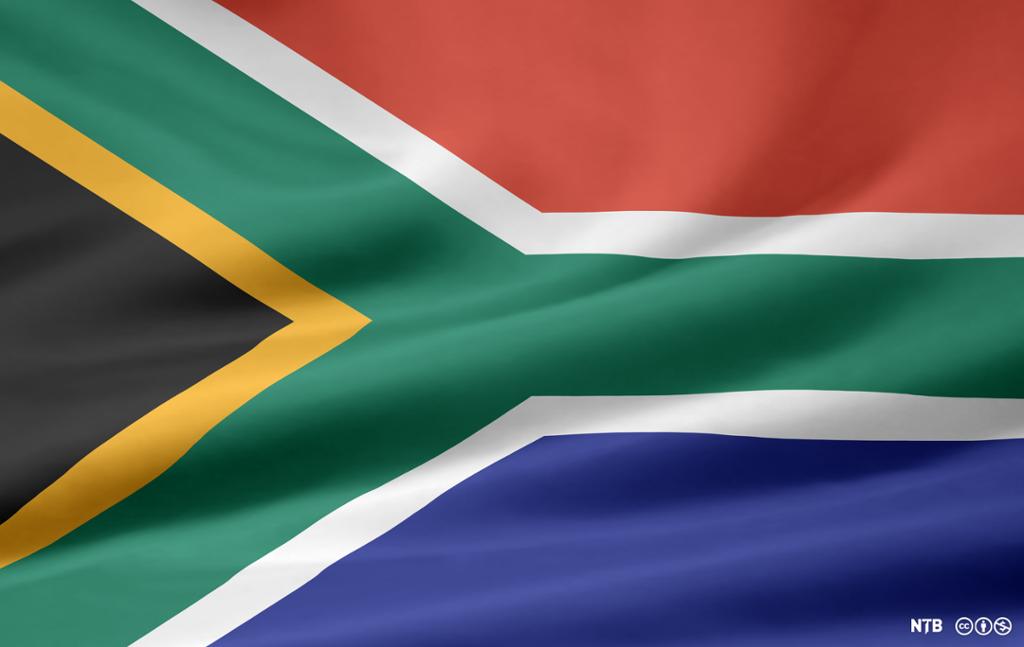The Constitution of the Republic of South Africa

To begin learning about South Africa's Constitution, watch the short video. The video was made by Keep It Constitutional, an organisation that works to educate South Africans about the rights the Constitution guarantees them.
Facts about the system of government in South Africa
The system of government is defined by the Constitution, which is the supreme law of the country.
South Africa is a republic.
In South Africa, power is divided between the national, provincial, and local levels of government, which all have legislative and executive authority in their own spheres and are defined in the Constitution as distinct, interdependent, and interrelated.
South Africa has separation of powers: On the national level there is a legislative branch (Parliament), an executive branch (government), and an independent judiciary branch (The Supreme Court of Appeal and other courts).
The Parliament of South Africa is bicameral, meaning that it is divided into two houses called the National Assembly and the National Council of Provinces. While the National Assembly represents the electorate, the National Council of Provinces represents the governments of the provinces.
The head of state is the president. The president is elected by the National Assembly, which is the lower house of the Parliament. Usually the president will be the leader of the largest party in Parliament.
The Supreme Court of Appeal is purely an appellate court, and it only decides appeals and issues connected with appeals.
From 1948 until the early 1990s, South Africa had a system of apartheid, where the white minority oppressed the Black majority. The system sanctioned racial segregation, and all who were not white were discriminated against.
Once apartheid ended, the new constitution set ambitious goals for uniting and healing a country where many had experienced great hardships.
The Preamble to the Constitution states that the Constitution aims to:
heal the divisions of the past and establish a society based on democratic values, social justice, and fundamental human rights
improve the quality of life of all citizens and free the potential of each person
lay the foundations for a democratic and open society in which government is based on the will of the people, and in which every citizen is equally protected by the law
build a united and democratic South Africa that is able to take its rightful place as a sovereign state in the family of nations.
When apartheid ended, it was important to create a society that valued equality. However, establishing equality is not merely a matter of changing the law. The years of apartheid had given the white population an unfair advantage, because they had been given privileges and had the opportunity to accumulate wealth for themselves and their families for a long time. You can learn more about the challenges that had to be overcome by watching the film about equality in the South African constitution.
Discuss:
Why do you think a new, democratic constitution was important when apartheid ended in South Africa?
Is a new constitution enough to heal the wounds caused by colonisation and decades of oppression? What more do you think is needed?
The Constitution is based on the following principles:
human dignity, the achievement of equality, and the advancement of human rights and freedom
non-racialism and non-sexism
all adults are allowed to vote; all voters are registered on a national voter's roll; there are to be regular elections and a multiparty system of democratic government to ensure accountability, responsiveness, and openness.
the Constitution is the supreme law of the land.
Discuss:
If you were going to write a constitution for a democracy: are these the principles on which you would have based the constitution?
Are there any principles you would add or remove?
Relatert innhald
Tasks related to the system of government in South Africa.
Podcast episode about the democracy in South Africa with related tasks.